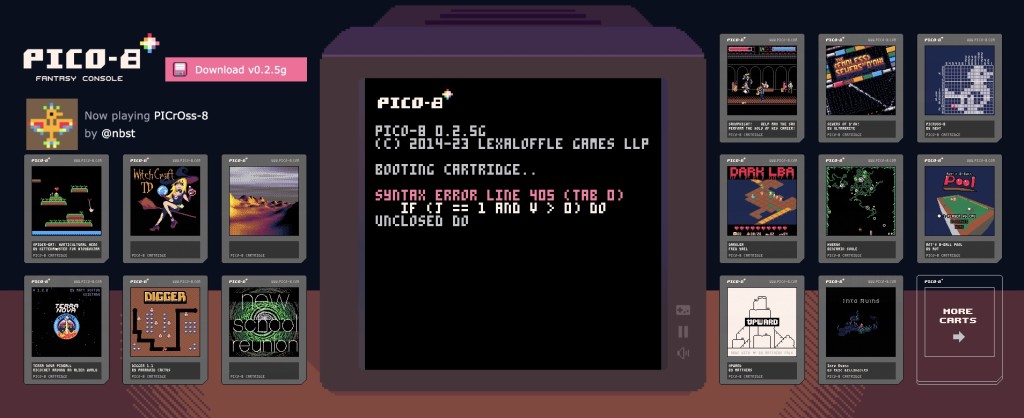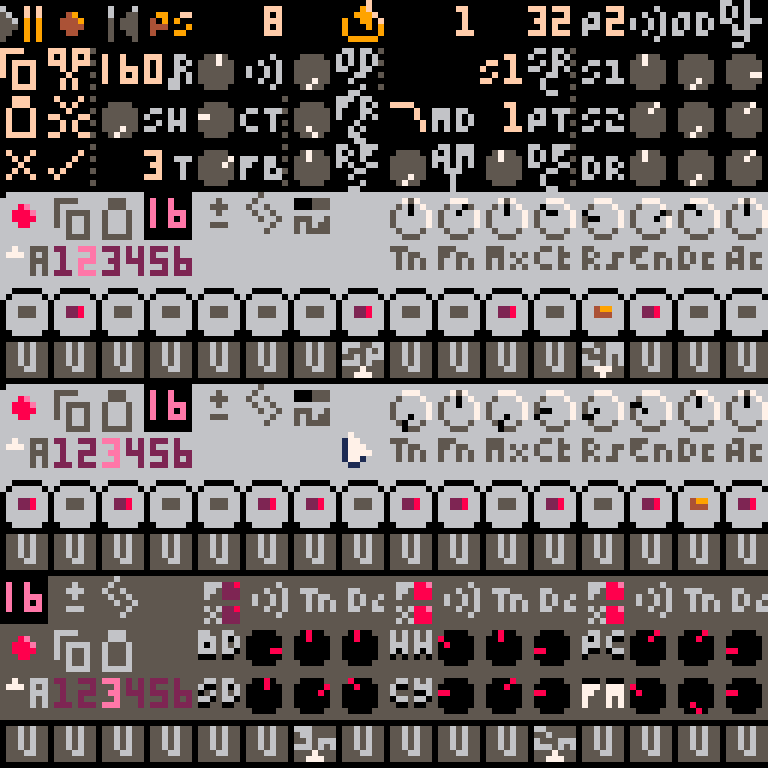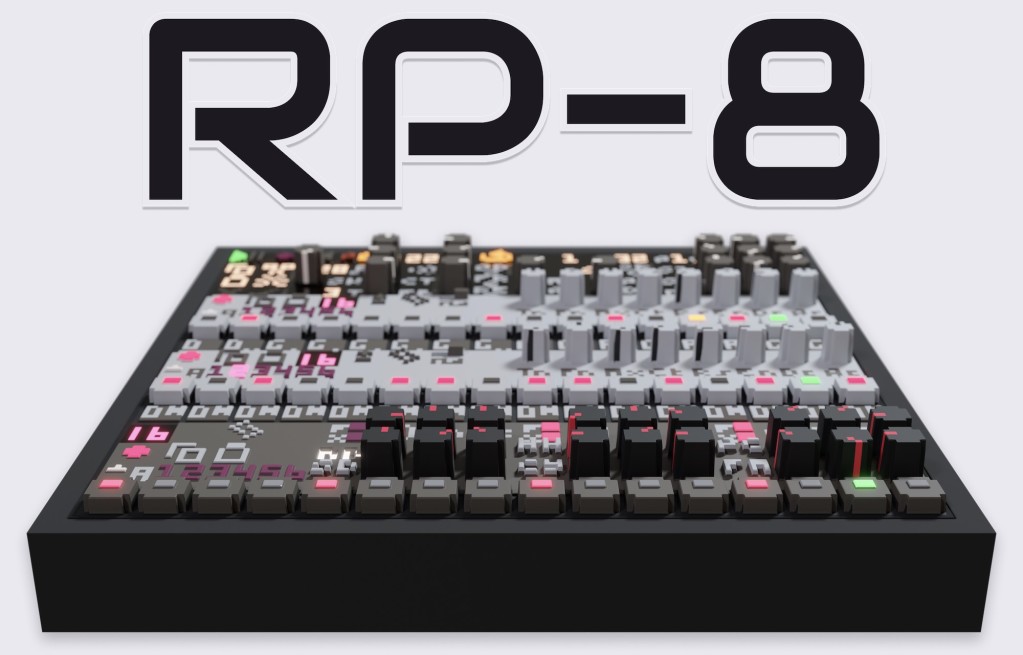ReBirth, the software recreations of the TB-303 and TR-808, helped launch Propellerhead (now Reason Studios) and demonstrated acid could be made on a PC. Now, imagine that software in 2023 but – much lower fidelity. Like, much worse. 128×128 pixel UI worse. But in a good way.
That’s the amusing exercise in self-inflicted software development pain – erm, “limitations” – that is the RP-8. It’s a “demake” of the classic Propellerhead software for the PICO-8, a “fantasy” console system that runs on Mac, Windows, and Linux.

The PICO-8 runs on those modern systems but imposes limitations like a vintage console might have. That means restrictions on CPU and RAM consumption, 128×128-pixel screen resolution, 5.5 kHz 8-bit monophonic audio, and so on. (I guess you can imagine this as a nonexistent portable console, since even some relatively early desktop computers and game consoles would run circles around those specs.)
What’s incredible here is how much care went into this. And that means the same exercise in limitations that fueled the development might inspire you musically, too.

The price is right – pay what you will, $3.03 suggested donation. Reason Studios, I think you can safely avoid having your legal department phone, as the likelihood of this being mistake for ReBirth is roughly that of confusing the fish stalls of the Österhalm Market Hall with a handful of Swedish Fish.
But check this feature list – via developer luchak:

* Two vaguely 303-inspired synths (each 2-osc paraphonic)
* One vaguely 808-inspired drum machine
* 16 step pattern-based sequencer with slide and accent steps
* Pattern mode for real-time tweaking and song mode for recording your work
* Almost every control on the screen can be automated in song mode
* Per-synth foldback distortion insert effect
* Tempo-synced delay with 16th, triplet, and dotted-16th lengths
* Routable pattern-controlled lowpass/bandpass filter
* Master compressor to get the most out of your 8 bits of dynamic range
* Simple WAV export
* Extensive help: in-app keyboard reference and tooltips, manual with tutorial and reference sectionsFor fairness’ sake, some limitations, largely due to inherent properties of the PICO-8 platform:
* 5.5kHz 8-bit mono audio (there’s some aliasing/quantization noise to make up the high-end, but, well, it’s noise)
* slightly weird save/load ergonomics (the manual talks about this)
* not available as a VST and not easily sync-able with other software (difficult to pull off)
I mean, genius. And listen – the results are gorgeous, and quite unlike anything I think I’ve heard. For the demo, they’ve made “a cover of Base of Love section from KiloMix ’98 by T.G.ViRUS, one of the original ReBirth demo songs.”
Here’s where this gets cool – because Pico-8 runs on Linux and has minimal processing requirements, some folks are making their own handheld hardware for the platform based on Raspberry Pi. For instance:
So yes – you can now enter an alternate timeline where chip music evolves not as LSDJ, nanoloop, and the lot on the Game Boy, but in living color as RP-8 on the PICO-8.
Check it out and run it on – well, a lot of things:
More on PICO-8:
https://www.lexaloffle.com/pico-8.php